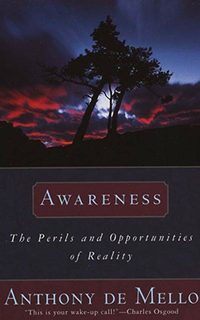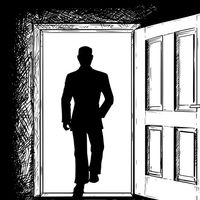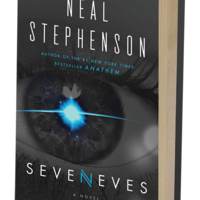Collection
The Best Books and Articles I Read in 2019
"This post will share the most impactful articles and books that I’ve read in the last 12 months." - Tim Ferriss
Using seven key indicators, such as the rate of entrepreneurship and overall job creation, this list provides a comprehensive overview of fastest-growing startup-friendly cities in the U.S. The top three are Austin (#1), Salt Lake City (#2), and Raleigh (#3). There are many more you might not expect, and quite a few should be fantastic places to invest in the next few years.
This short book has completely captured me. It was first recommended by Peter Mallouk, who said it gave him peace for weeks at a time. I grabbed the Kindle version with low expectations, devoured it in three days, and I’ve since bought 20 copies of the paperback to give out to friends [Update: 60+ copies]. It found me at the right time and won’t resonate with everyone, but it has equally impressed several of my best buddies.

You can find the specific section that I’m (re)reading here: page 1 and page 2. I was given the excerpts by a tour guide while trekking through the Negev not long ago.
the president of Y Combinator and co-chairman of OpenAI. Here is one of the many paragraphs I highlighted in Evernote: “Most highly successful people have been really right about the future at least once at a time when people thought they were wrong. If not, they would have faced much more competition.”

This is the story of a wonderful philosophical reboot. Nearly everyone should consider reading it. Thanks to reader @lucasgabd from Rio de Janeiro for sharing with me via Twitter. For more great lessons from “failures,” check out “What I Learned Losing a Million Dollars.”

(Hat tip to the incredible Kevin Kelly for the recommendation.)
an outstanding author and long-form journalist. I particularly enjoyed his section on automation. Here’s a teaser: “‘Don’t learn to code, learn to automate,’ writes the coder Erik Dietrich. This is bang on. Nearly every white-collar job on the planet involves tons of work that can be done more efficiently if you know a bit of coding."

This is a wonderful article about moving from tech and hyper-liberal San Francisco to conservative-heavy Provo, Utah, and the lessons learned along the way. Sahil’s very humanizing perspective reflects a lot of reasons I moved from SF to Texas.

Here’s the description: “Celebrating the 20th anniversary of storytelling phenomenon The Moth, 45 unforgettable true stories about risk, courage, and facing the unknown, drawn from the best ever told on their stages.” I’ve only read 50 or so pages, but one of my favorites thus far is Unusual Normality (YouTube option here if any loading issues) by Ishmael Beah (@ishmaelbeah). Reading one short (2–5-page) story over tea or coffee in the morning is a nice jumpstart to the day.
Spirited Away—as mentioned in my chat with Adam Savage—is my favorite movie of all time. This book is awe-inspiring and shows the depth of world-creation that makes Miyazaki a legend.
I’ve long been fascinated by Mary Karr (@marykarrlit), and I finally picked up her book on the craft of memoir writing after a recommendation by Michael Pollan. It applies to much of life, and I’d consider it a philosophical guide in many respects, replete with the dead serious (e.g., how to communicate past abuse) and spit-up-your-coffee funny (e.g., catshit sandwich metaphors). Highly recommended if you work with the written word in any capacity.

one of my favorite sci-fi writers. This short, anti-comms blog post contains gems like this: “The quality of my e-mails and public speaking is, in my view, nowhere near that of my novels. So for me it comes down to the following choice: I can distribute material of bad-to-mediocre quality to a small number of people, or I can distribute material of higher quality to more people. But I can’t do both; the first one obliterates the second.”




